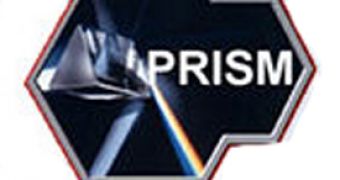The fact that some popular search engine always remember what you look for is widely known. The information these companies get are used on several fronts.
One of them is improving their services, which is always OK since everyone wants better services. A second motive is for better ad targeting, which is less OK, but still not very bothering.
However, data going through the servers of such companies is said to also go straight into the servers of the National Security Agency (NSA). And this is the problem that has made many switch from Google, Bing and Yahoo to other services unlikely to be targeted by the NSA’s PRISM project.
The companies said to be involved with these programs have denied doing such a thing, but the reality is such data could also be collected without their knowledge.
Either way, the documents leaked by NSA whistleblower indicate specifically to a number of Internet companies among which it’s easy to spot Google, Microsoft, Yahoo and Apple, despite the fact that they aren’t the only ones involved.
So what other search engines could you use to replace these widely-popular ones mentioned above? Prism Break is of help here and provides some alternatives.
Well, DuckDuckGo is one of the options. The site provides anonymous, unlogged web searches and they claim to hold absolutely no data on the individuals using its services.
The search engine has already reported a spike in user activity, although the site’s traffic remains minimal in comparison with bigger similar services.
The Seeks project is another search engine offering a decentralized platform for collaborative search. This means user privacy is protected by sending out encrypted queries.
Startpage is a service that provides private and unlogged web searches, while YaCy is another decentralized web search.
As mentioned in a previous article, while using such measures might protect you from PRISM, the NSA is said to have other means of collecting data, particularly involving syphoning information as data flows past.

 14 DAY TRIAL //
14 DAY TRIAL //